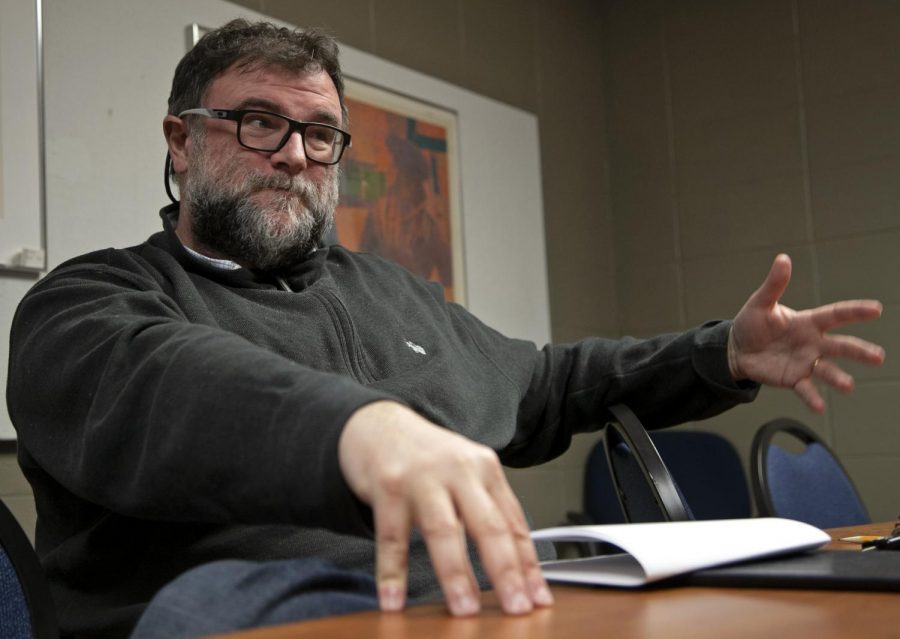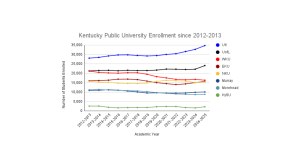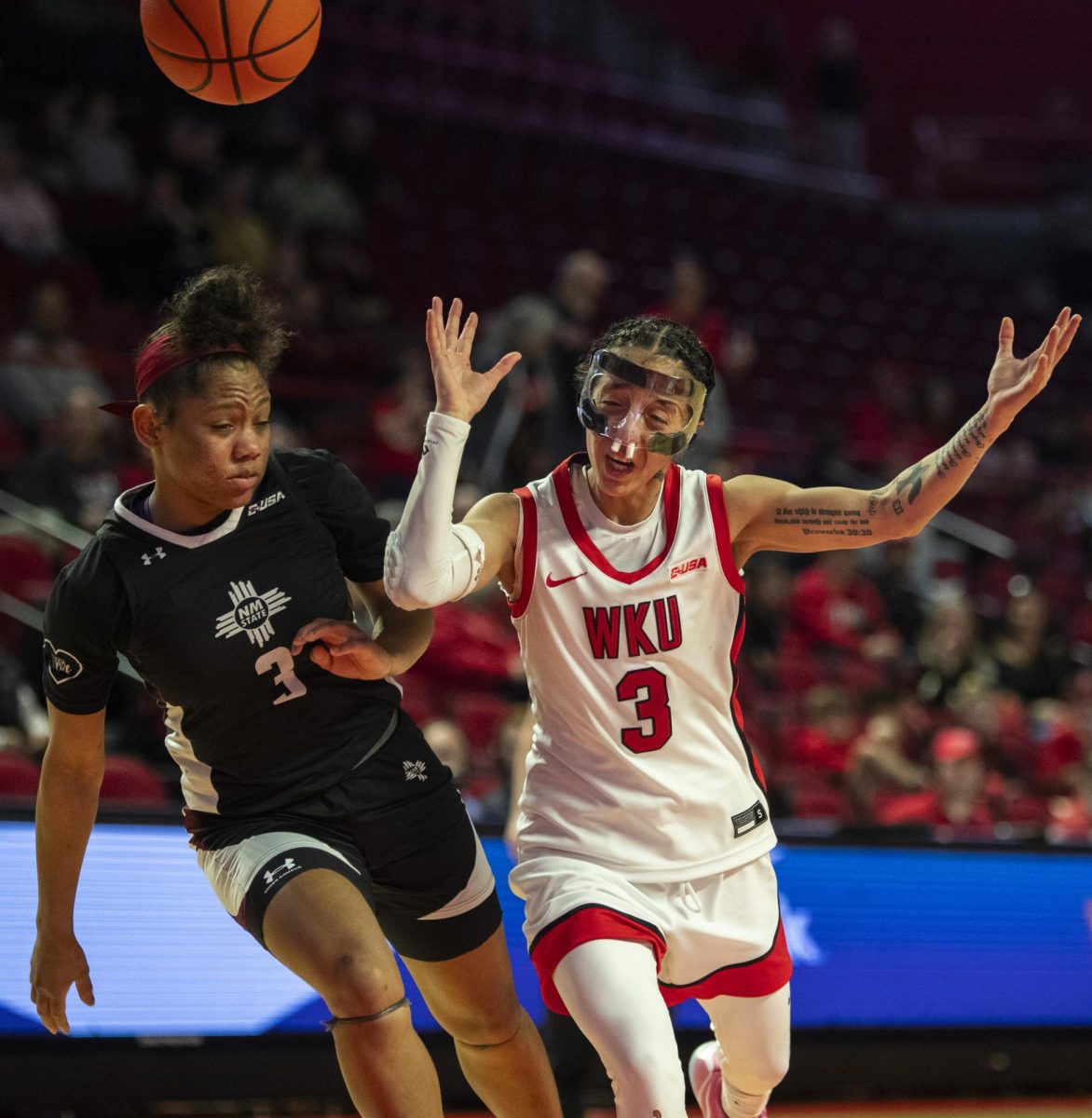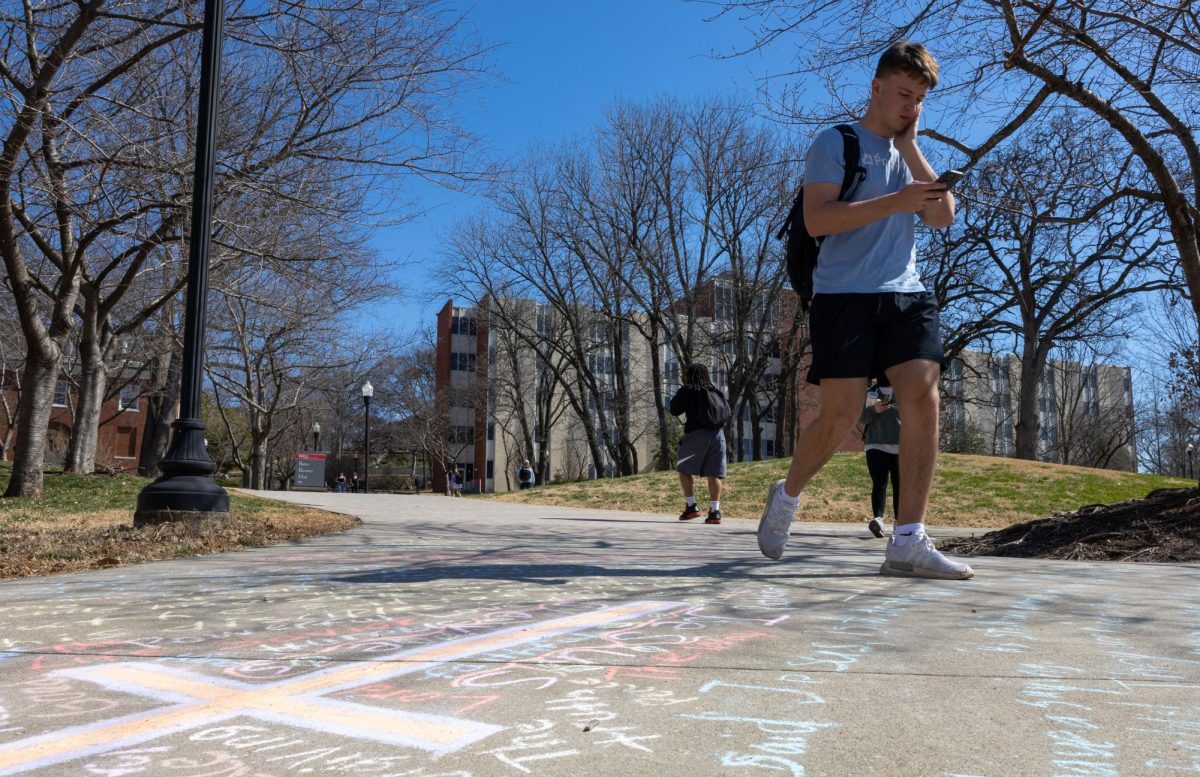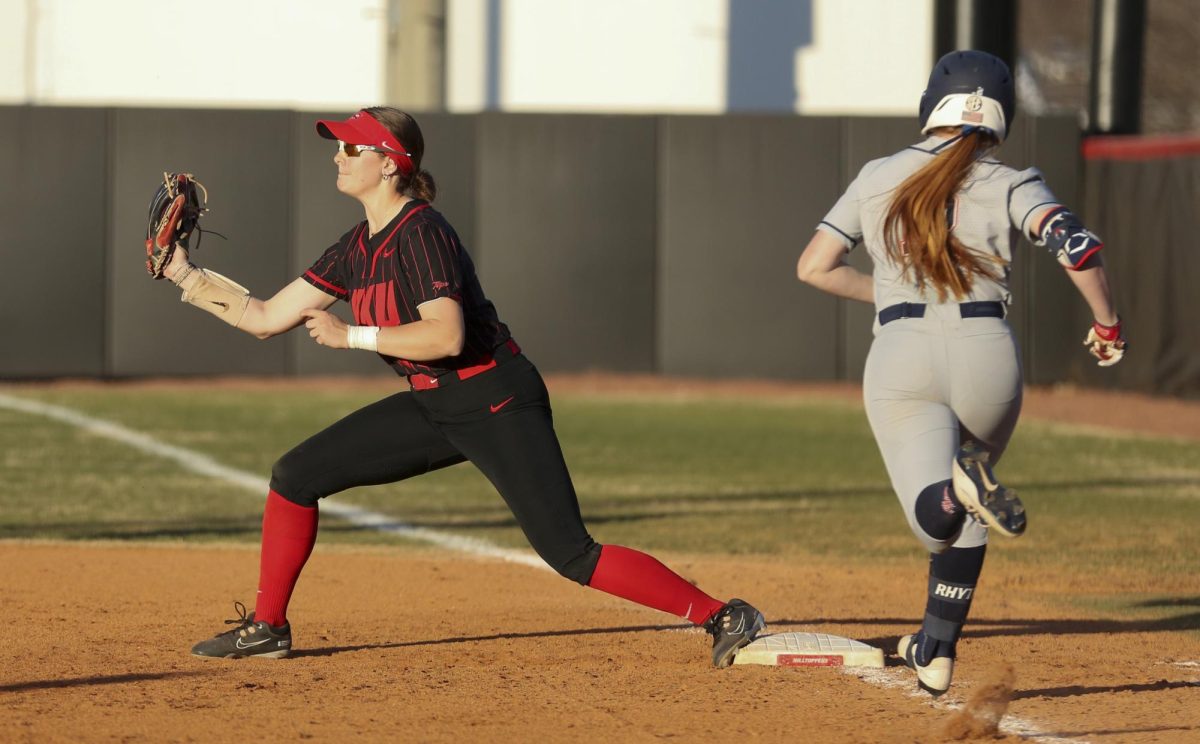Cut It Out: Athletics cuts unlikely, other schools have felt impact
February 11, 2020
Nearly two months after WKU’s Faculty Senate passed a resolution calling for WKU’s athletic department to cut spending due to the university’s budget deficit, there is now a growing recognition that WKU President Timothy Caboni will not act upon the resolution.
Balancing funding for higher education and collegiate athletics has become a problem at universities around the country, as only a select number of upper-echelon programs are able to profit off sports. For the remaining schools looking to give student athletes opportunities, a hard decision lies before them.
Scott Wetherbee, the athletic director for Eastern Michigan University (a school similarly sized to WKU and also plays Football Bowl Subdivision), was forced to deal with budget cuts only eight months into his new role in 2017. At the time, the university evaluated EMU’s programs and decided to cut $2.4 million of the athletic department’s budget (around 10% of their funding), which resulted in the loss of four sports programs including tennis — which was later brought back—and men’s swimming.
“It’s tough on both sides,” Wetherbee said in a phone interview. “I wish I didn’t have to go through it, and I wish our student athletes that we affected didn’t have to go through it. But ultimately I feel like right now we’re healthier than we’ve been financially, and we’ve made those cuts.”
While the university is only two years removed from the major cuts, there have not been many negatives for the program besides the initial loss of the sports programs. According to Wetherbee, revenue has been up with all sports programs and attendance has either remained consistent or risen.
The growth and upside of EMU’s athletic programs over the last two years are not due to budget cuts, but their success is proof athletic departments can face budget reductions and still flourish, Wetherbee said.
Wetherbee believes any collegiate athletic department resistant to budget cuts should find more ways to bring in money on its own, such as gaining more sponsors from the community or garnering more endowment opportunities.
“Maybe they can rally enough people so they don’t have to [make cuts], because what usually happens is the rally comes after it happens, and that puts everybody in an awkward and tough situation,” Wetherbee said.
The resolution passed by WKU’s Faculty Senate only looked at cutting $365,000, a much smaller athletic reduction than ones that happen at universities like EMU. The resolution did not require defunding any athletic programs but instead looked to cut back on spending some faculty members saw as unnecessary during WKU’s budget situation.
When introducing the resolution, Guy Jordan, an associate professor of art history at WKU and the resolution’s author, said, “WKU has for a long time now been caught in a vicious cycle. State funding is cut. Students bear the brunt of those costs through higher tuition and fees. As a result, few students can afford to attend WKU. This feeds a decline in enrollment and triggers further budgetary shortfalls.”
Lauren McClain, chair of the Faculty Welfare and Professional Responsibilities Committee, believes a lack of transparency when determining budget cuts has been an issue, wondering why other WKU programs haven’t been “put under the microscope” to the same extent as academics.
“It’s just about fairness, that if we’re all one big WKU family and our family budget is in crisis, then all of us need to be responsible for that,” McClain said. “If it was your family sitting around the dinner table, you wouldn’t say, ‘My sister is not going to eat for a week because we don’t have money, but the rest of us are going to go on eating our steaks.’ That’s just not the way it should work.”
McClain said if the resolution does not move beyond Caboni, as expected, then the plan for the Faculty Senate will be to continue asking for fairer treatment of faculty funding while making their opinions known.
Julie Shadoan, the chair of the WKU Faculty Senate, said she would one day like for WKU to publicize its academic programs as the main reasons students enroll.
“I don’t discount, and the resolution doesn’t discount, the role athletics plays on this campus as far as recruiting students, but I think on the flip side of that we’re not the University of Kentucky, we’re not the University of Louisville,” Shadoan said. “We don’t have students coming here primarily for our athletics programs. If that does exist, it’s at a much smaller ratio of enrollment than those larger institutions that have nationally ranked programs.”
David Serafini, a member of the WKU Faculty Senate, believes there’s a misconception there are athletic programs “on the chopping block” and the academics at WKU “want the axe to come down on them.” For the Faculty Senate, the resolution was a call for greater financial burden sharing.
Ben Hallman, a former Chronicle of Higher Education reporter, wrote about the financial burden students at smaller Division I schools consequently face because of high levels of athletic spending in 2015, when he contributed to an article titled “The $10-Billion Sports Tab.”
“I doubt that athletics was much of a pull for most students at lower-level Division I schools in the first place,” Hallman said via email. “Strong academic programs, price and convenience play a far more important role.”
Hallman added tens of thousands of students at less prominent universities pay for sports programs they have little to no interest in because these teams consistently lose revenue.
“If given the choice between, say, a lower tuition bill and a swim or basketball team, I strongly suspect a large number of students at most schools would opt for the lower bill,” said Hallman.
WKU Athletics spokesman Zach Greenwell directed the Herald to a statement previously given by Executive Vice President for Strategy, Operations and Finance Susan Howarth and Acting Provost Cheryl Stevens.
“We will continue to follow the budget process that was established a year and a half ago with input from dozens of individuals, including faculty and will share the resolution with those budget groups,” Stevens and Howarth said in the statement.
Reporter Cameron Coyle can be reached at cameron.coyle803@topper. wku.edu



